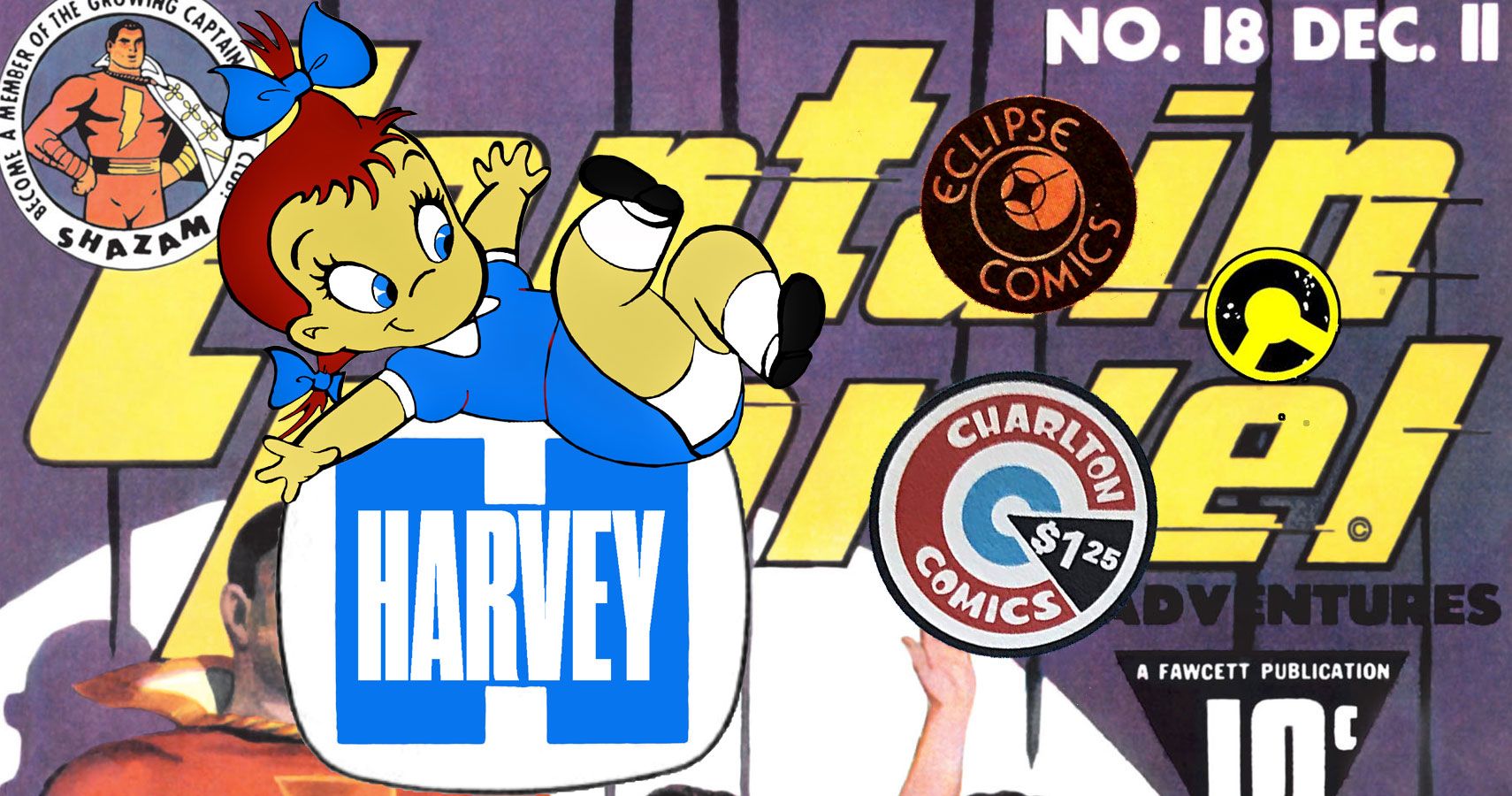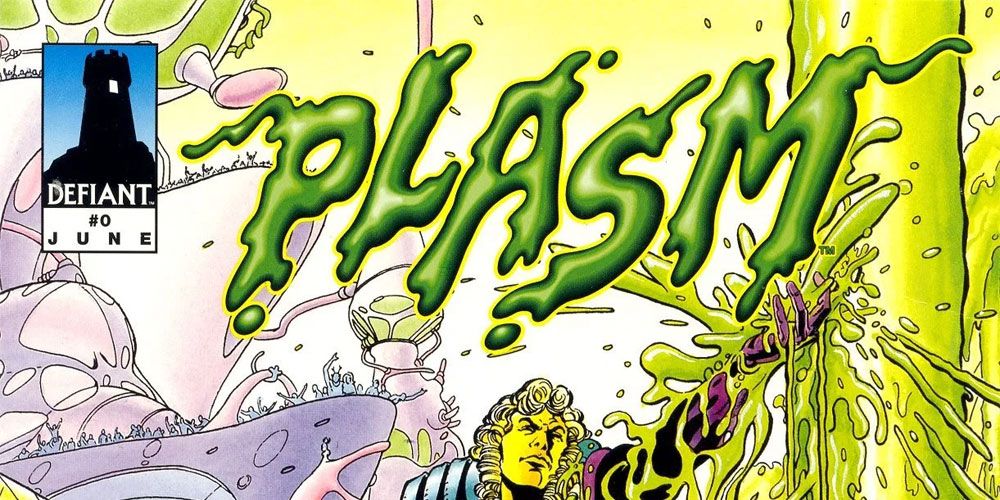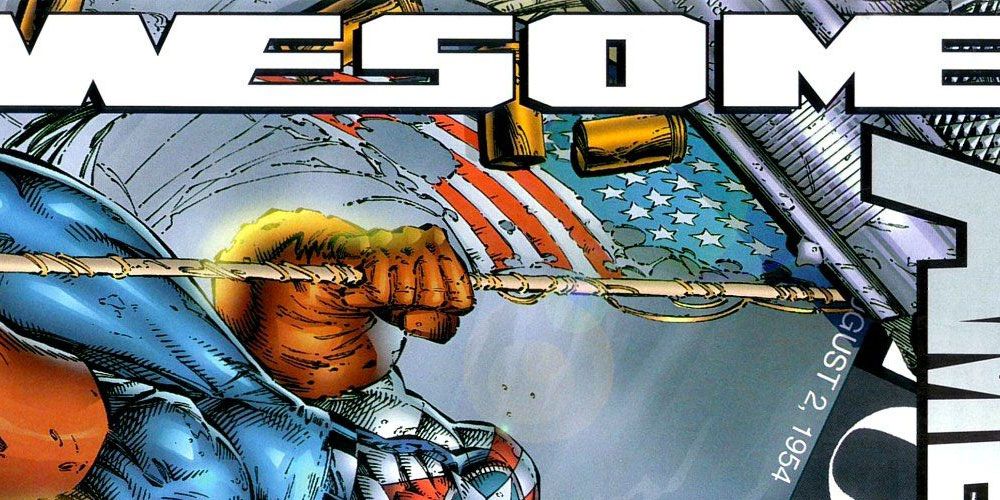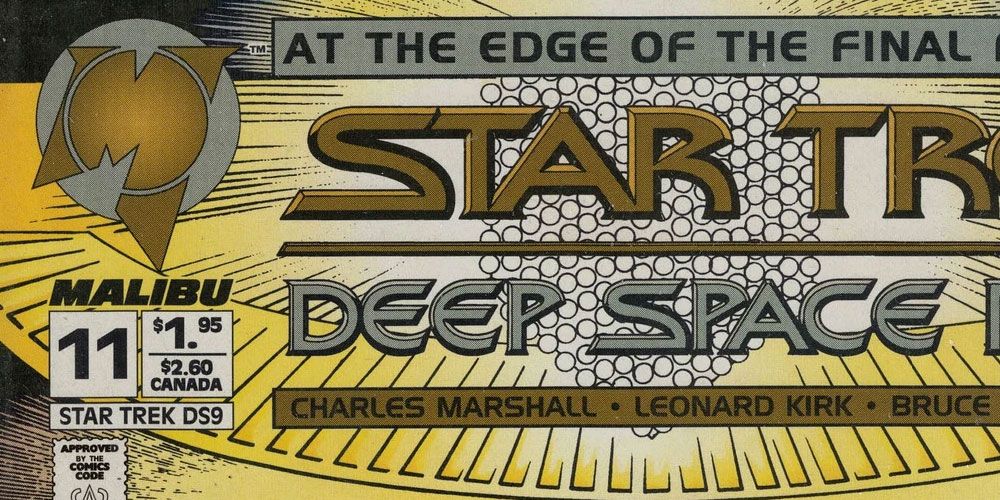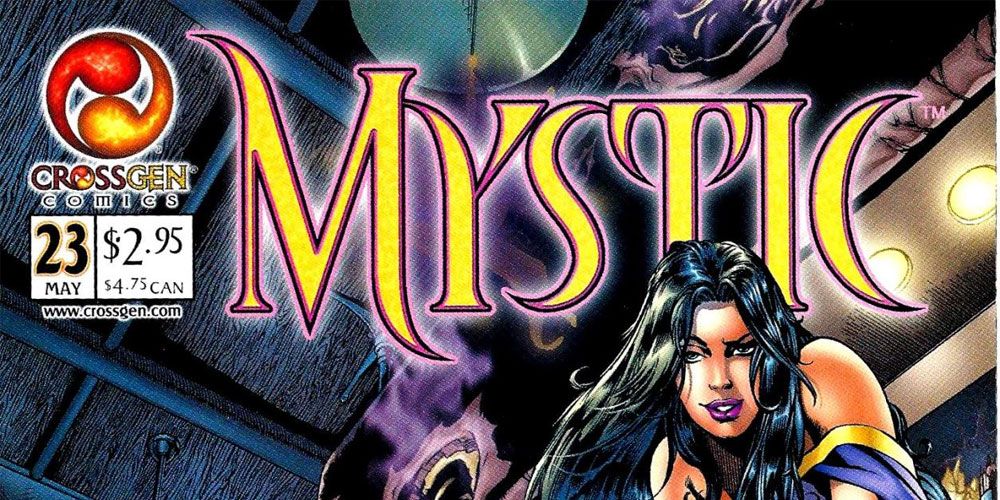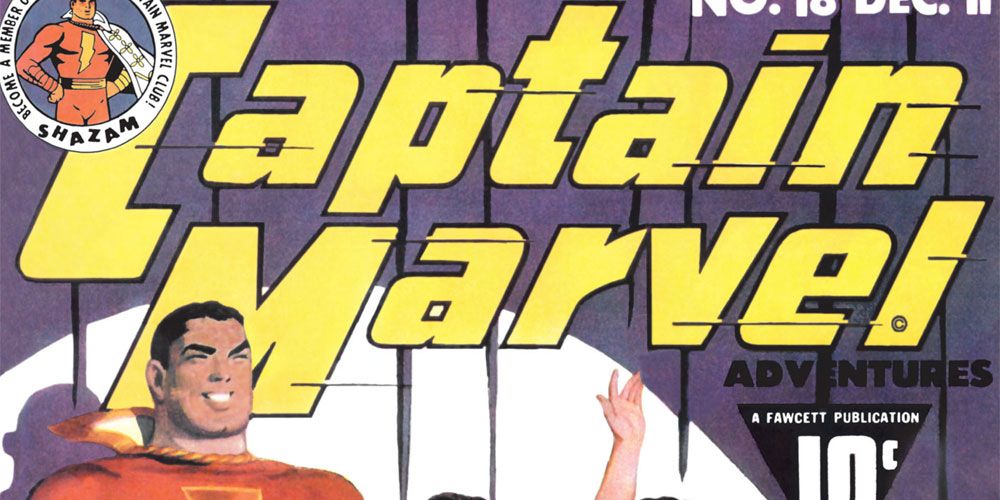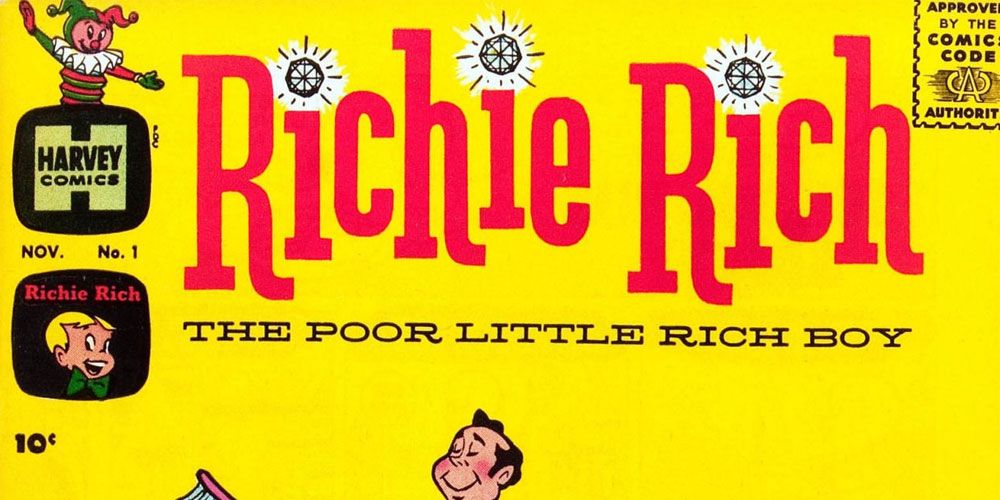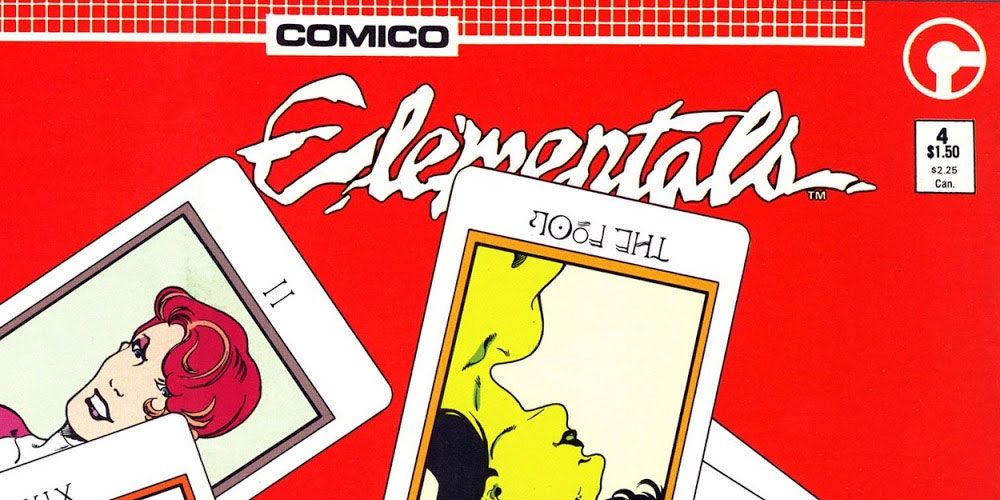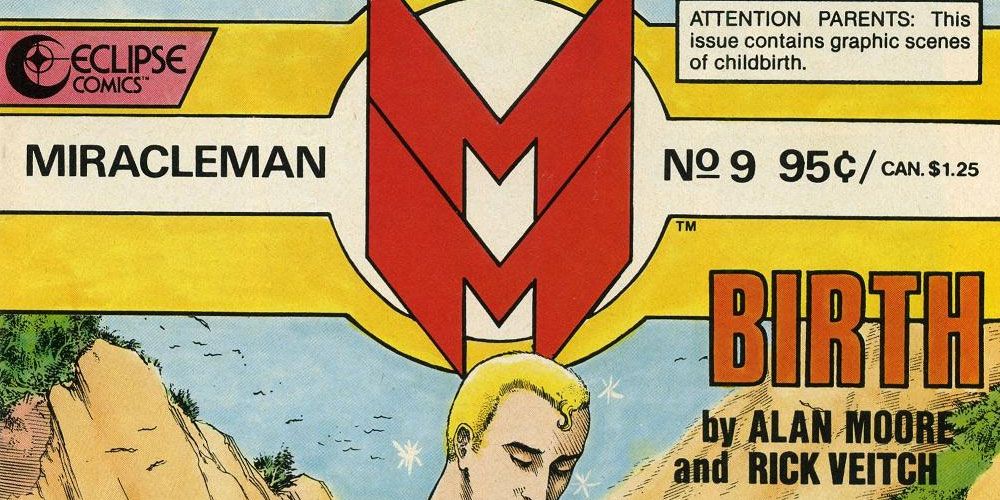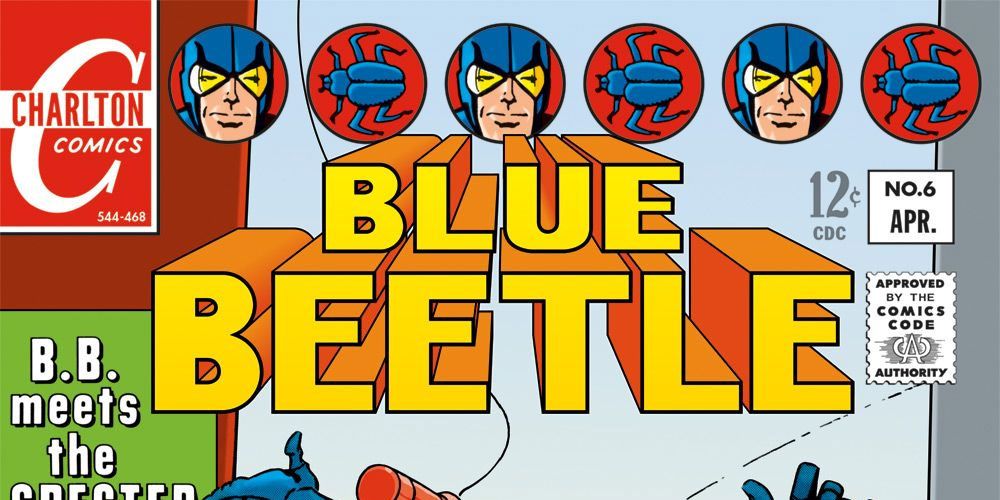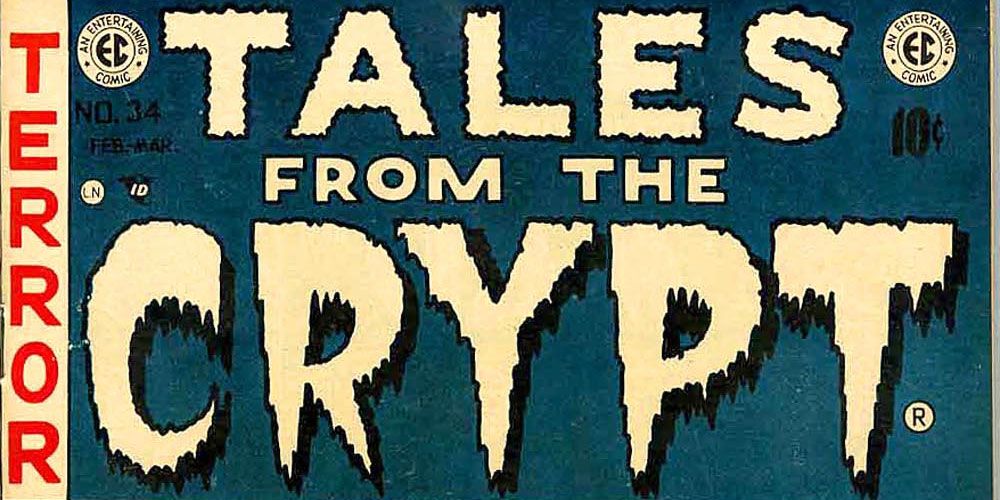Over eighty years, there have been a lot of companies publishing comic books. Most of them have gone under. Some of these have become incorporated into other publishers, mainly Marvel and DC. Some of them simply went away with creators left to take their creator-owned intellectual property elsewhere.
There are many of these publishers that the comics industry would probably be better off if they were still around. They may have had a better policy on creator-owned comics. They may have served an audience now under-served by the major publishers. They may have just made better comics.
10 Defiant Comics
After leaving Valiant Comics, Jim Shooter formed another company, Defiant Comics. The first title was launched with a trading card set that formed a comic, Plasm #0. Marvel Comics sued because of their Marvel UK title Plasmer. Defiant changed the title to Warriors of Plasm, but the legal fight cost the company hundreds of thousands of dollars.
Defiant had great talent behind their comics. David Lapham, who went on to make Stray Bullets, worked on the flagship title. Alan Weiss brought his highly detailed art to War Dancer. Several talented writers and artists like Mike W. Barr, Adam Pollina, Jim Fern, and the legendary Steve Ditko worked on Defiant titles. Unfortunately, this wasn't enough to save a company severely lacking capital drained by a costly legal battle.
9 Awesome Comics
When Rob Liefeld left Image in 1996, he took his titles to his own company, Awesome Comics. He scored a major coup when Alan Moore agreed to write his comic Supreme, and re-imagine many of his other titles. Things looked bright for this creator that sincerely loves comics.
Unfortunately, Liefeld and his partners did not agree on many things related to the company. Awesome sought to drive up sales by targeting speculators. They also suffered from an inconsistent publishing schedule. As the industry was collapsing from a speculator boom, Awesome could not keep publishing comics.
8 Malibu Comics
Malibu made its mark in the late 1980s. It incorporated small publishers Eternity and Aircel, as well as publishing some creator-owned titles. Malibu also got some licensing contracts, like Tarzan and Robotech. They also were the first publisher for the Image Comics imprint, before the Image founders decided to move to self-publishing. Then in 1993, the company made its mark on an exploding industry.
Malibu launched its interconnected superhero line, Ultraverse. It started so successfully that it began to dominate their publishing schedule. In 1994, Marvel Comics bought the company and tried to incorporate some of the titles into their publishing line. Unfortunately, within two years, there was almost no trace of the company at Marvel.
7 Crossgen Comics
In 1998, Entrepreneur Marc Alessi founded CrossGen in Tampa, Florida. It was unique in that almost all of their talent were salaried employees, offering benefits not available as freelancers at Marvel or DC. Ironically, it was the later use of freelancers that began the end of the publisher.
The company had been losing money since it started. The business plan was to lose money for six years before profiting from television and movie deals. Disney eventually purchased the company for one million dollars in 2004. Since then, there is often word from Marvel about a revival fo a CrossGen title or two. Unfortunately, no major effort to put the policies of employing talent with benefits given to regular employees has resurfaced with any publisher.
6 Fawcett Comics
Fawcett brought us Shazam and the Captain Marvel family of titles. Unfortunately, it was brought down from a lawsuit by DC Comics over the similarity between Captain Marvel and Superman, The case would dog the publisher for a decade. Falling sales in the 1950s would see a slow decline for the company
Fawcett once rivaled DC Comics in the popularity of their titles. Eventually, DC Comics would buy the Captain Marvel characters and incorporate them into their universe of super-heroes. If this publisher could have resisted the early urge to copy Superman stories, we may have had a very different looking comic book industry today.
5 Harvey Comics
Today, comics for kids are harder to find than they traditionally have been. Part of this is due to the loss of publishers that target almost their entire line to children. Purchased characters like Hot Stuff the Little Devil and Casper the Friendly Ghost joined their original titles like Richie Rich and Little Lotta.
Harvey ceased publishing in 1982 due to internal disagreements between the surviving Harvey brothers, stopping a deal with Marvel. Purchased and sold several times, the legacy is their characters that have since been used in television and films. Most recently, that exists as a Netflix original series, Harvey Girls Forever.
4 Comico
Comico had a bright existence in the 1980s. It published Robotech adaptations, Matt Wagner's Mage and Grendel, and Bill Willingham's Elementals. Its comics were wonderfully diverse, attracting some fantastic talent. Unfortunately, one business decision led to its fall.
Comico sought to reach out to the newsstand, which cost it greatly in returned books. In 1989, the company filed for bankruptcy and was sold to Andrew Rev in 1990. Rev sought to rebuild the company, but by 1995, Comico vanished from the marketplace.
3 Eclipse Comics
Sometimes even the best company can be taken out by circumstance. Eclipse was a successful publisher until a 1986 flood wiped out most of the company's back-issue stock. A 1993 divorce between editor Cat Yronwode and founder Dean Mullaney sealed the end of the company.
Editor-In-Chief Cat Yronwode guided the company with respect for the art form of comics. Eclipse published Miracleman by Alan Moore, and later Neil Gaiman. Dave Stevens' Rocketeer was also a product of this time, where a single person's vision shaped the future of comics.
2 Charlton Comics
While it had Golden Age roots, Charlton's real impact was in the Silver Age. Its heroes included creations from Steve Ditko, who produced some of his best work at the publisher. Editor-In-Chief Dick Giordano shepherded new talent during this time.
Unfortunately, the direction of the publisher was inconsistent and DC Comics began to hire away much of its talent, including Ditko and Giordano. Nicola Cuti led a resurgence in the 1970s but by the 1980s, a focus on licensed titles once again saw talent leave for DC Comics and the publisher folded.
1 EC Comics
This was the company put out of business by the crusade that created the Comics Code Authority. While it was around, EC Comics produced some of the best comics ever seen. With talents like Wally Wood, Jack Davis, Frank Frazetta, Al Williamson, and many others, the quality that came out of EC was unparalleled at the time.
William Gaines sought to publish comics the addressed more mature themes, including progressive ones. Fredrick Wertham's crusade against comics seemed to especially target EC Comics, accusing it of corrupting children. Without this crusade forcing the publisher into battles with the Comics Code Authority created by it, the art form of comics might have evolved twenty to thirty years earlier.

